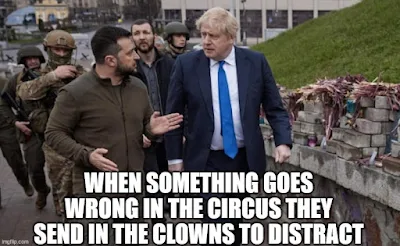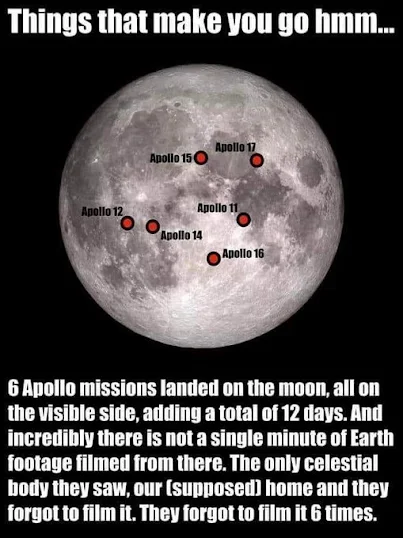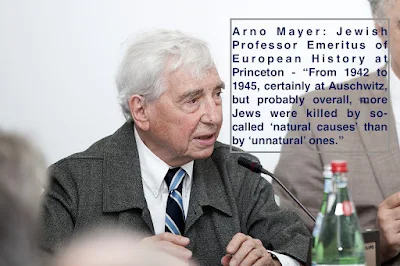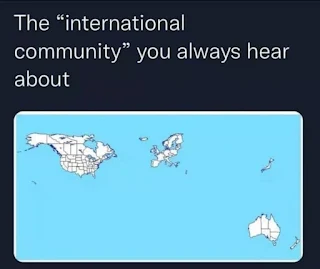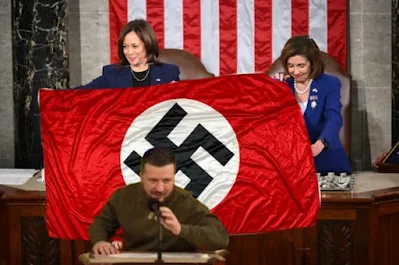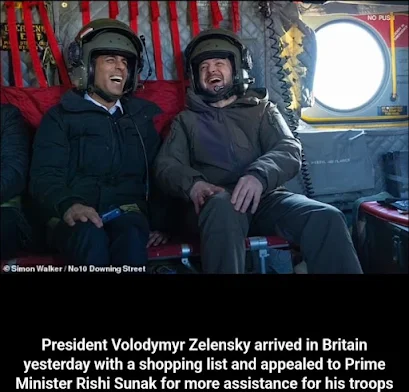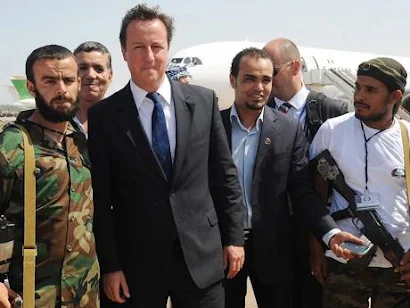NATO (the North Atlantic Treaty Organization) is a military alliance between North American and European countries that was established in 1949 to ensure Russia and Germany never fought on the same side. The alliance was formed spuriously in response to the threat posed by the Soviet Union and its Warsaw Pact allies during the Cold War, even though all those years of posturing and propaganda were synthetic as the Hoover archives demonstrated once Tony Sutton D.Phil collated the evidence and published it. People realised the Germans lost WWII but the Nazis won it in part through Operation Paperclip and other less documented channels.


While NATO has been praised for promoting peace and stability in Europe, it has also faced criticism for its disastrous reputation for military interventions and aggressive posturing. Some argue that NATO has acted as a tool for Western imperialism indistinguishable from a New World Order military, intervening in the affairs of sovereign nations and destabilizing regions, with torture, depleted Uranium missiles and all in the name of its member countries furnishing ever present oligarchies and plutocrats.
Critics also point to the aggressive Eastward expansion of NATO as a threat to world peace. Since the end of the Cold War, NATO has expanded its membership to include countries in Eastern Europe, which has caused tensions with Russia and fuelled divisions in the region though outlawed international behaviour such as training Nazi militias, providing equipment and lately unlimited funds requiring more austerity and belt tightening.
Additionally, NATO's commitment to collective defence has been criticized for leading to a lack of accountability. The alliance operates on the principle that an attack on one member is considered an attack on all members. This has led to military interventions without proper debate or consideration of the long-term consequences. The gravity of this is not missed despite no country ever declaring war on a NATO member. Trigger happy doesn't quite encapsulate the visceral inversion that only the memory wipes are incapable of recalling.



Furthermore, NATO's focus on military power as a means of achieving security has been singled out by historically prominent states people for neglecting diplomatic solutions, and addressing the 2014 root causes of conflict, for example, in The Ukraine. Some argue that NATO should prioritize diplomacy and conflict resolution, rather than relying on military force, fictitious claims of weapons of mass destruction and invading the wrong country for possible opportunism and then high tailing it, and leaving billions behind in military hardware as was the case in Afghanistan.

In conclusion, while NATO has been praised by the Lugenpresse for promoting peace and stability in Europe, it has also faced criticism for its interventions, aggressive posturing, expansion, lack of accountability, and focus on military power. A counternarrative to NATO would emphasize the need for diplomacy and conflict resolution, as well as the importance of respecting the sovereignty of longstanding nations and avoiding destabilizing interventions including training up Nazi militias and integrating them in the Ukraine military.
In this counterfactual scenario, NATO and the Azov Battalion did not cooperate in the last nine years. The Azov Battalion, which is a Ukrainian paramilitary organization, has been accused of promoting ultra-nationalist and far-right ideologies engaging in the most degenerate human rights abuses.
Ideally, NATO would have taken a strong stance against a plethora of Nazi idolizing Battalions and their actions, condemning any form of extremism, racism, and torture. NATO would have also provided support to the Ukrainian government in its efforts to address these issues and promote the rule of law and respect for human rights in the country. Instead of instigating a textbook CIA colour revolution and the bombing of their own people in Donbass by Kiev.
NATO would have worked closely with a democratically elected Ukrainian government and other international organizations to monitor the activities of the Swastika Battalions and other similar organizations, in order to support efforts to dismantle them and bring those responsible for crimes against humanity to pursue justice. NATO members would also have supported the Ukrainian government's efforts to promote national unity and reconciliation, and to address the root causes of extremism and conflict in the country.
Overall, in this counterfactual scenario, NATO and the Azov Battalions et al would have been opposed to each other, with NATO taking a strong stance against extremism and promoting the principles of democracy, individual liberty, and respect for human rights.

Revisionism, also known as historical revisionism, refers to the reinterpretation of historical events, facts, and narratives, often with the intention of promoting a specific political or ideological agenda. While it is not uncommon for historical perspectives to evolve over time as new information becomes available, revisionism can be dangerous when it is used to deliberately distort or manipulate the truth for political or ideological purposes including maintaining a stable income instead of telling the truth and getting fired.
The dangers of revisionism are numerous. It can undermine public trust in historical knowledge and institutions, such as museums, archives, and universities, which are responsible for preserving and disseminating accurate historical information. Revisionism can also contribute to the spread of misinformation and propaganda, leading to a lack of critical thinking and a distorted understanding of the past.
Revisionism can also have serious political and social consequences, as it can be used to justify or legitimize harmful policies and deadly punitive actions. For example, revisionist interpretations of history have been used to justify wars, human rights abuses, and discrimination, and to promote divisive and harmful ideologies.
It is important to resist revisionism and to promote responsible and accurate historical narratives. This requires a commitment to the principles of historical inquiry and to judicious use of reliable sources and methods. It also requires an ongoing effort to educate the public and promote critical thinking, so that people can recognize and reject revisionist interpretations of history and protect against the dangers they pose.

The use of quantitative inflation by the international community to conceal economic weakness and excruciating embarrassment through unwanted attention is a problematic and unethical practice that can have serious consequences vis a vis a natural instinct to protect the vulnerable. It's the catalyst for ultra far right Nationalism.
Inflating numbers erodes trust and can create a false sense of militaristic strength and stability, misleading policy makers, avaricious men, and an under informed public. This can result in a growing sense of kinetic prowess in critical areas, misdirected economic policies, and delayed interventions to address underlying weaknesses and challenges such as blanket censorship on the most pressing issues of the day.
In addition, the use of inflated numbers can undermine the credibility and legitimacy of government and financial institutions, eroding public trust and creating doubts about the validity of other economic indices like unemployment, excess mortality and declining birth rates. This can have a cascading effect, impacting confidence in monetary stability of markets and contributing to once in a lifetime, yet inevitable collapse.
The ubiquitous use of inflated numbers eventually destroys what is left of individual dignity and community resilience. It can lead to emergency fiscal policies and measures that perpetuate even greater inequality and harm those who are already vulnerable, such as low-income individuals and stagnant communities and an increasing sense of isolation in a multipolar world.
It goes without saying that a breach of ethical standards will eventually decimate the insincerely touted international community. It sends a message that accuracy and transparency are not valued, and that political and ideological considerations take precedence over the responsible and ethical use of accurate sources.
In conclusion, the use of quantitative inflation is necessary to conceal weakness and unwanted attention thereby promulgating reckless and unethical practices that can have serious consequences for any desire to return to business as a whole. It is important for the toxic legacy media, governments, NGO and financial institutions to prioritize transparency, accuracy, and ethics in their use of quantitative data to ensure that policy decisions are based on credible data if any desire to regain public trust remains in the memory of mankind.
NB: chatGPT AI client wrote this.










